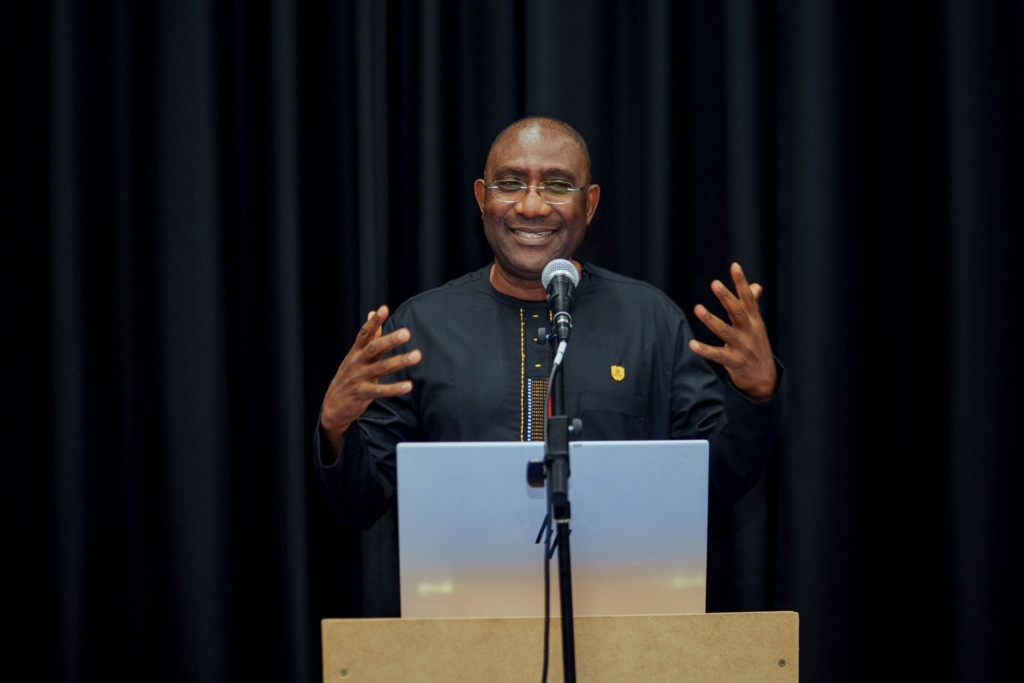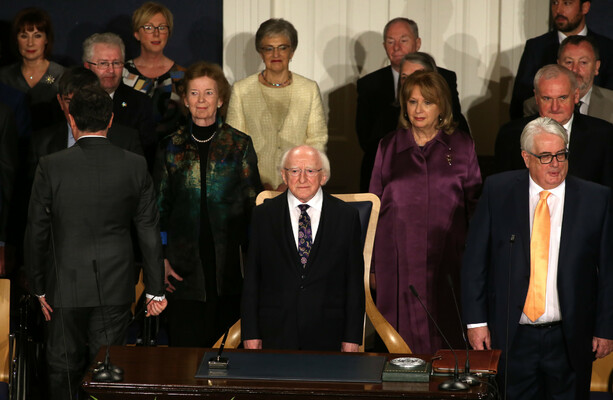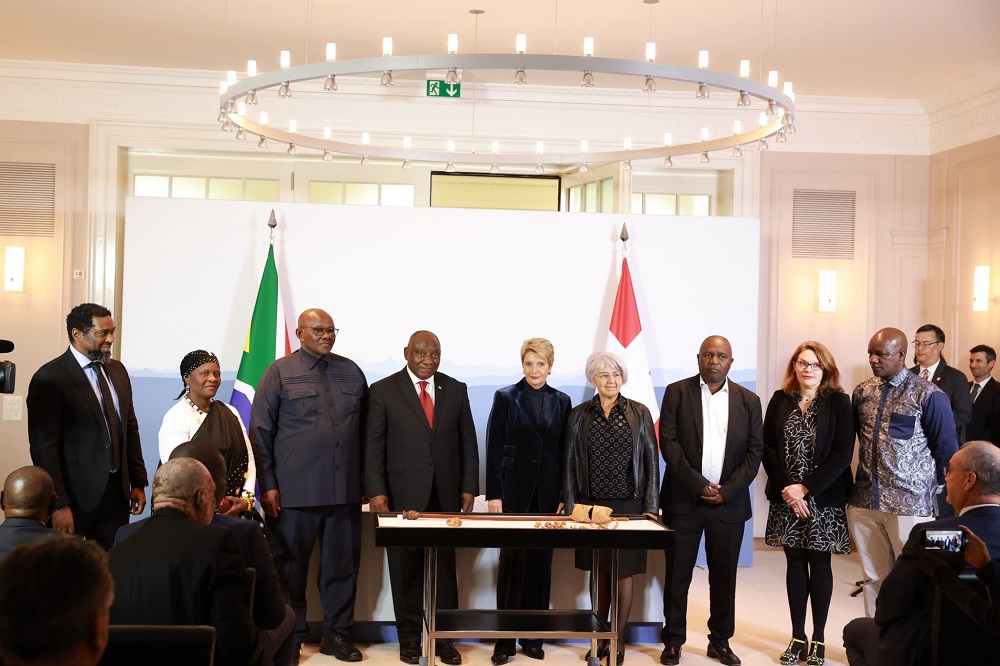Copyright myjoyonline

The 2025 Black History Month celebrations in Leicester reached an inspiring crescendo with an eloquent and visionary address by Sammy Crabbe, the distinguished entrepreneur, scholar, and founder of the Omanye Group. Speaking before a diverse audience of academics, professionals, artists, and community leaders, Crabbe delivered a stirring message on education, leadership, and the strategic renewal of Africa through knowledge, culture, and diaspora collaboration. The event, held on 25 October in Leicester, was hosted by the African Network Leicester, Leicestershire and Rutland, in collaboration with the Leicester City Council, EAVA FM Radio, the International Foundation Group (IFG), the Leicester City Carer Foundation, and Ubuntu. It was a vibrant evening that combined intellectual reflection with artistic expression-featuring a fashion show, spoken-word poetry, and raffle draws held to raise funds in support of local charities. The celebration embodied the spirit of Black History Month: a synthesis of remembrance, creativity, and purposeful community engagement. Crabbe began his address by situating Black History Month as a living, forward-looking tradition. “Education,” he declared, “is among our most powerful tools-not only for personal uplift but for national renewal.” His opening words set a tone of conviction and clarity, reminding the audience that the true legacy of Black history lies not just in endurance but in the ongoing pursuit of excellence and equity through learning. Drawing from Africa’s intellectual and political lineage, Crabbe cited Dr Kwame Nkrumah, President John Agyekum Kufuor, DDrNnamdi Azikiwe, and Chief Obafemi Awolowo as examples of leaders who transformed education into a platform for liberation and governance reform. He traced how their studies abroad, infused with global ideas, became instruments of national development upon their return. “Black history,” he observed, “is neither a single story nor a closed chapter; it is an ongoing tapestry of ideas, courage, and leadership that stretches from village classrooms to international institutions.” Expanding his analysis, Crabbe acknowledged Africans who have continued to influence the continent from global stages-figures such as Kofi Annan, Ngozi Okonjo-Iweala, and Akinwumi Adesina-demonstrating that “geography alone does not determine impact; influence, networks, and purpose do.” He called for a broader understanding of “brain gain”-one that values not only the return of skilled professionals but also the flow of ideas, investment, and collaboration across borders. At the heart of Crabbe’s message was a three-part framework for transforming Africa’s educational and professional systems. First, he called for sustained investment in quality education at every level, so that African institutions can deliver training of international calibre. Second, he emphasised building credible pathways between African and global institutions through partnerships, mentorships, and scholarships-making study abroad “a stage in a longer civic and professional commitment, not an exit.” Third, he urged the strengthening of governance, accountability, and career incentives at home to make returning or collaborating from abroad both viable and rewarding. He reminded the audience that these reforms are not abstract aspirations but the foundations of education that are locally rooted, globally connected, and devoted to the public good. Crabbe’s appeal to the African diaspora was deeply resonant. Describing diasporic communities as “the social infrastructure that links students to scholarships, mentorships, internships, and advocacy,” he urged attendees to become mentors, sponsors, and amplifiers of opportunity. “A small investment of time and connection,” he said, “can multiply returns many times over.” As the evening unfolded with vibrant fashion displays celebrating African heritage, powerful poetic performances, and raffle draws supporting charitable causes atmosphere was one of unity and purpose. It reflected the intersection of culture and education that Crabbe’s message so eloquently championed. As the founder of Omanye Limited and the Omaxx platform, and a PhD scholar in Blockchain and Decentralised Finance at the University of Bradford, Sammy Crabbe personifies the bridge between global expertise and local commitment. His career-spanning technology, finance, and education illustrate the concept of brain circulation he advocates so powerfully. In closing, Crabbe offered a challenge that resonated long after the applause faded: “The best way to honour Black history is to continue the work-to invest in learning, to design institutions that keep talent in service of the public good, and to forge global linkages that turn diaspora influence into domestic transformation.” The evening ended with a standing ovation-an affirmation that Leicester’s 2025 Black History Month, under the banner of the African Network Leicester, Leicestershire and Rutland and its partners, was not just a commemoration of the past but a collective declaration of intent: to turn heritage into strategy, and education into the engine of Africa’s future.



